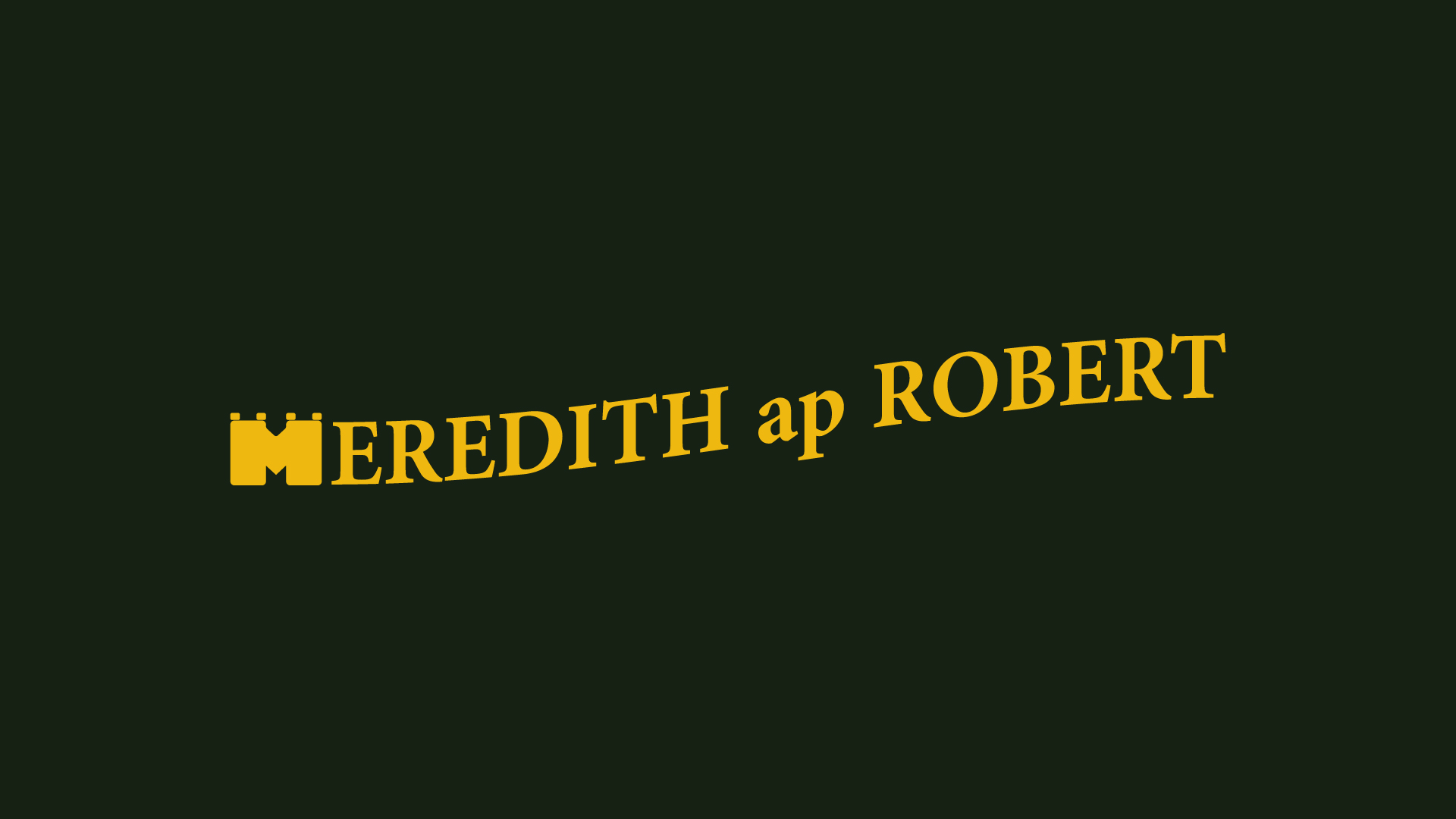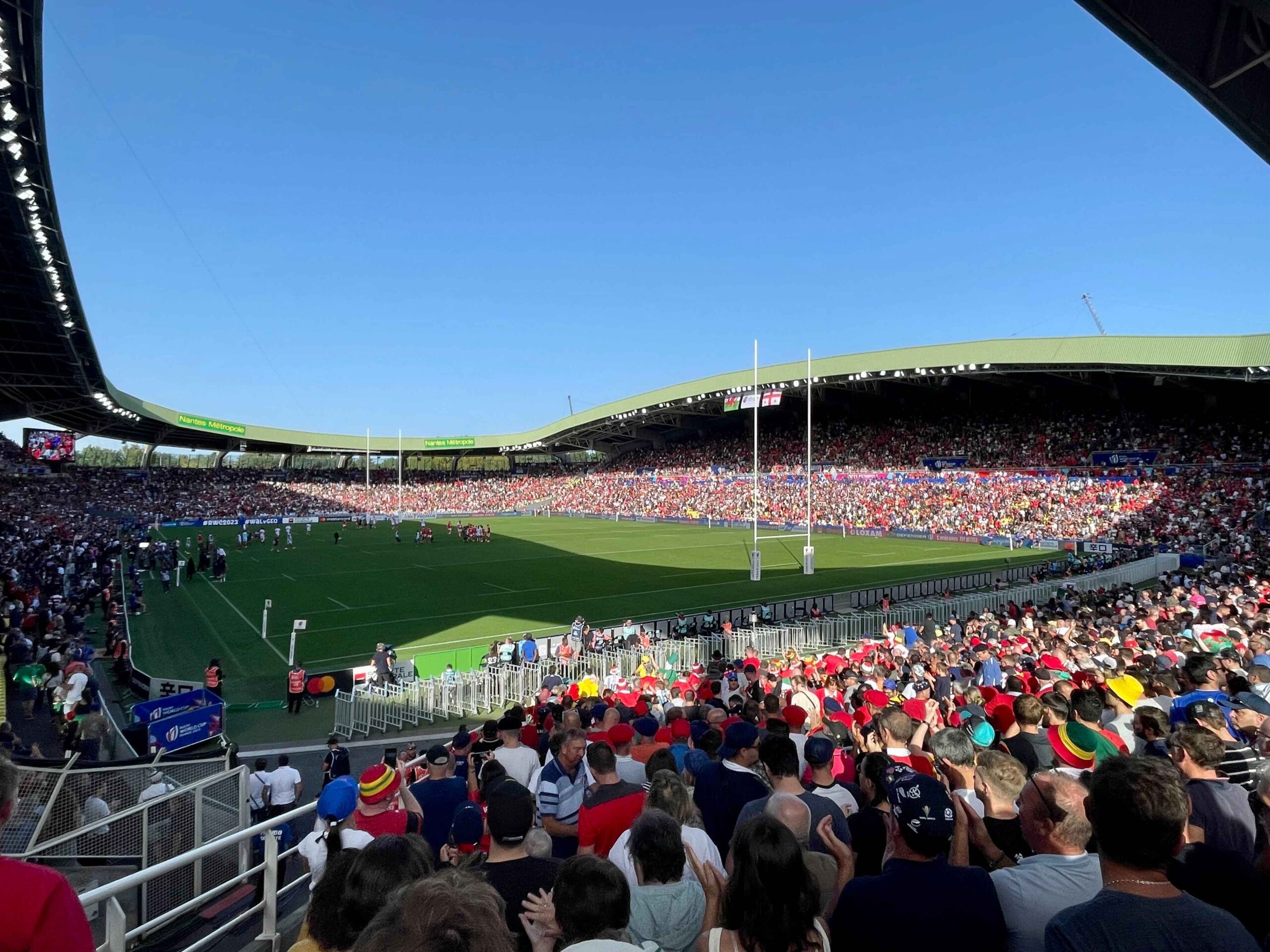This Sunday was something quite special for me: it was the first time in my adult life that I was completely unaware that the Super Bowl was happening. Social media ruined it for me in the end—but what joy, what bliss to be ignorant of American goings-on for just a heartbeat.
In America’s bag of tired tricks, false choices are a go-to. And the Super Bowl is no exception. You watch for the game, the half-time show, or the exorbitantly-priced, ostensibly funny commercials—but you’ve got to watch! Spectacle defines the American experience, and the Super Bowl is the pinnacle of spectacles.
I attended my first rugby match in Cardiff’s Millennium Stadium a couple years ago. I wore the old Welsh jersey I’ve had for more than a decade, and, beer in hand, I was ready to go. Even though I was nearly an hour ahead of kick-off, choirs from across Wales had come to perform and they worked through a set of old hymns that have taken on new life as rugby standards.
It was a deeply spiritual experience for me to be there, to sing “Hen Wlad fy Nhadau” alongside thousands of other Welsh people. To hear “Cŵm Rhondda” performed in person. To see the Welsh team take the field from my seat in the nosebleed section and feel the heat from the pyrotechnics display on a cold winter’s afternoon.
One of the things I love best about Welsh rugby is that it isn’t a spectacle. No half-time shows. No roving cameras hungry for Hollywood A-listers. Just Welsh people, singing “Hymns and Arias,” commiserating as Australia snatched the win from under us in a poorly-played final 10 minutes. Huddled in the rain, people with daffodil and dragon hats streamed out to join the queue to catch the train or duck into the nearest pub with any room left to stand.
This is what I came to Wales to find: community, tradition, togetherness—even in our commiseration.
A year later, I went to go watch Wales play again, this time in the Rugby World Cup in France against Georgia. The atmosphere was incredible: from French supporters on café sidewalks cheering on their side to Welsh families throwing a ball around outside the stadium in Nantes. Even as I stood alone in a sea of French supporters to sing “Hen Wlad fy Nhadau,” I found community rather than spectacle.
I have no interest in a feud about the merits of American football vs. rugby. That’s not the point. American football has the sponsors, the media attention, the glamor. Hell, they even took one of our best players. This is simply my tribute to another way of doing things, an assertion that I have no fear of missing out—because none of the noise, none of the spectacle matters one bit to me.
If you enjoy my writing, please consider supporting me on Patreon for as little as $2/month!


